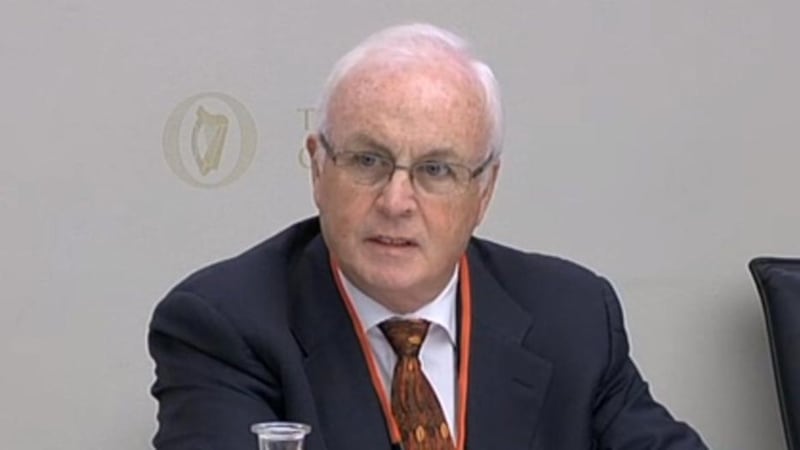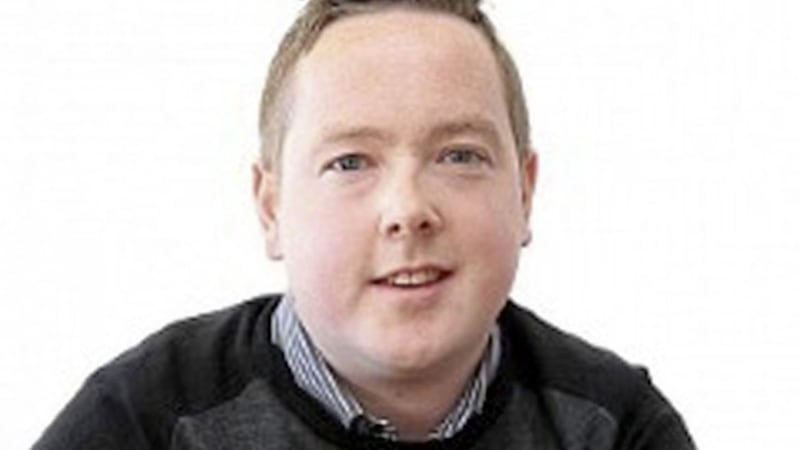NAMA made a potential loss of almost £200m on the sale of its Northern Ireland debt portfolio to Cerberus, the Republic's public spending watchdog has concluded.
The report by the Comptroller and Auditor General (G&AG) sought to establish whether southern taxpayers got value for money from the US firm's 2014 purchase of the 'bad bank's' northern loan book.
Sinn Féin deputy leader Mary Lou McDonald said the report's conclusions made an "overwhelming" case for full commission of inquiry into the sale, which has been mired in controversy and allegations of corruption.
The Republic's banks lent a total of £4.6bn to developers in the north in the years ahead of the 2007 property crash. Nama bought the debt for £1.9bn before eventually selling the entire northern loan book to Cerberus for £1.24bn.
According to the C&AG, if Nama had held onto the loans for longer and sold them off separately, they could have been worth around £1.49bn.
It concludes there was a potential loss to the Republic's taxpayers of £190m.
Nama has dismissed the findings, however, insisting it achieved the "best commercial outcome".
In a highly technical report, the auditor is critical of Nama's assertion that a discount rate of 10 per cent was appropriate.
It finds Nama conflated "the perspectives of seller and buyer" in setting the discount rate and identified "double counting" in its assessment of the risk premium factored into the price.
The report also finds that Nama had given no consideration to selling its northern loans as a job lot before being contacted by law firm Brown Rudnick in June 2013 but then decided that would be its preferred option. Nama insists it considered alternatives, but the C&AG finds no formal record of this.
Concerns are also raised about the Nama's failure to seek a second, outside opinion on selling its northern loan book in one go.
"It resulted in Nama’s biggest loan portfolio sale to that point, involving many debtor connections and varied asset types," the report sates.
"While this gave rise to a number of project risks, Nama did not seek formal external expert advice in relation to the strategy."
The C&AG found that Nama's board exercised its discretion in departing from its normal loan sale process with Project Eagle.
"The restrictions Nama implemented, relative to its standard process, reduced both the level of competition and the opportunity for potential bidders to assess the value of the portfolio.
"They acted as a deterrent for a number of bidders and had the potential to affect the price achievable."
The auditor concludes that statements from Nama and Lazard's, the consultants drafted in to oversee the sale on the bad bank's behalf, "do not provide sufficient assurance that a different marketing strategy for the loans, or different timing of the sale, could not have resulted in Nama achieving a higher price from the sale of the loans."
But according to Nama, it got the best price possible.
The bad bank's under-fire chairman Frank Daly yesterday said the Project Eagle portfolio would not reach even near that price today.
He rejected the report's key findings and accused the CA&G of overstating the estimated value of the properties.
"The C&AG has performed a very important role in scrutinising our decisions and auditing our accounts over the past seven years but, regrettably, the key conclusions in this report are without the relevant loan sale market expertise and as such we have no option but regretfully to reject them categorically," he said.
Mr Daly claimed four of the world's leading authorities on loan sales - KPMG, Eastdil Secured, Cushman & Wakefield and Lazard - backed the Nama position.
"There is nothing in the report that changes the unanimous view of the Nama board that the Project Eagle sale was the best achievable outcome for the state either back in 2014 or now in a post Brexit environment," he added.








